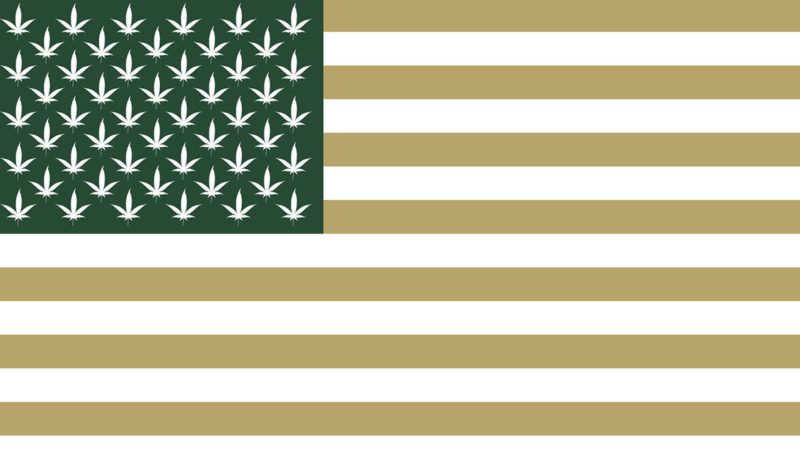Marijuana Federalism
How do we resolve the cannabis conflict between state legalization and federal prohibition?

While 33 states have legalized marijuana for medical or recreational use, the federal government recognizes no exceptions to pot prohibition. Marijuana Federalism, an essay collection edited by Case Western Reserve law professor Jonathan Adler, maps some promising pathways through this cannabis conflict.
Duke law professor Ernest Young argues that the combination of limited federal resources and the anti-commandeering doctrine, which implies that Congress cannot compel state officials to enforce federal drug policies, means states can effectively nullify marijuana prohibition in most of its applications. But as University of Alabama law professor Julie Andersen Hill notes, that observation provides little reassurance to banks, which will continue to eschew marijuana money until Congress removes the threat of criminal penalties and potentially ruinous regulatory sanctions.
Hastings College of Law professor Zachary Price thinks the Obama administration's policy of prosecutorial restraint regarding state-legal marijuana activity, while constitutional, set a dangerous precedent for flouting the will of Congress in less appropriate circumstances. Vanderbilt University law professor Robert Mikos proposes a broader solution: revisiting the rules governing federal preemption of state laws, an issue raised by a 2018 Supreme Court decision allowing state legalization of sports betting.
Getting closer to the heart of the matter, University of Chicago law professor William Baude questions the legal basis for the comprehensive national ban on marijuana, which unlike alcohol prohibition was imposed without amending the Constitution. Baude suggests a narrower understanding of Uncle Sam's authority over pot would help restore the proper balance between state and federal power.


Show Comments (12)